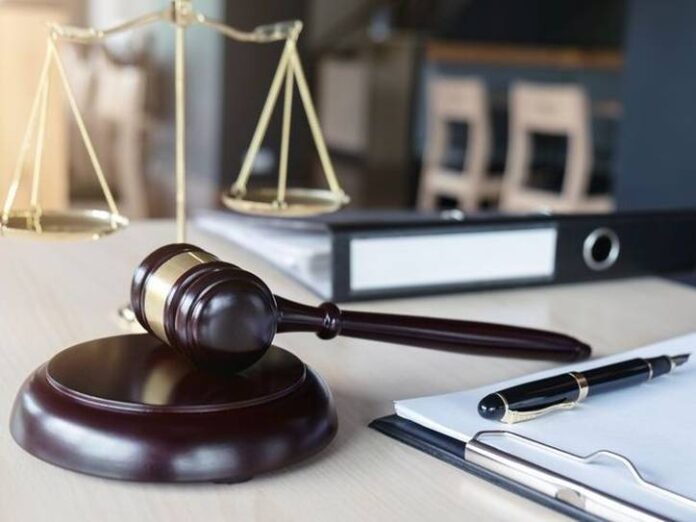The Wyoming Supreme Court held a crucial hearing on Wednesday regarding the constitutionality of two state abortion bans. The court appeared inclined to side with a lower court’s ruling that these bans violate the state’s constitution, emphasizing that the Legislature may not have the authority to define when life begins or impose restrictions on a woman’s right to make healthcare decisions.
The five justices raised pointed questions to both the state’s representatives, including Governor Mark Gordon and Attorney General Bridget Hill, as well as counsel for Wellspring Health Access, a local abortion clinic. The key issue debated was whether Wyoming’s abortion bans infringe upon a woman’s constitutional right to make her own healthcare choices, particularly the decision to terminate a pregnancy.
Key Legal Points
A central issue in the case is the legal concept of fetal personhood, which grants legal rights to an unborn fetus. The state has argued that abortion bans should be based on the premise that fetuses are legally recognized as persons, thereby protecting their rights. However, the justices questioned whether these legal rights might conflict with the rights of a woman to make personal healthcare decisions.
Justice Kari Gray raised concerns about the fundamental question of when life begins, noting that there is no consensus—neither secular nor religious—on this issue. Justice Gray further questioned whether the Legislature, in the absence of such consensus, has the authority to define life and impose abortion bans on the state’s citizens.
In response, Jay Jerde, representing the state, argued that the Legislature is in the best position to make such decisions, being accountable to the people. However, Marci Crank Bramlet, representing Wellspring Health Access, countered that healthcare decisions, including those regarding abortion, are deeply personal and should not be determined by the state.
State’s Position and Court’s Review
The two abortion bans under review are the Life is a Human Right Act, which makes it a felony to perform abortions or prescribe abortion medication, and Senate File 109, which criminalizes the distribution or prescription of abortion-inducing drugs. Both laws carry severe penalties, including significant fines and prison time.
Wellspring Health Access challenged these bans, arguing that they violate the Wyoming Constitution’s guarantee of an individual’s right to make their own healthcare decisions. Last year, Teton County District Court Judge Melissa M. Owens ruled that both laws were unconstitutional, granting summary judgment in favor of the clinic. The ruling cited a 2012 state constitutional amendment that enshrines the right of adults to make their own healthcare decisions under Article 1, Section 38.
In its defense, the state contended that abortion does not always serve a health-related purpose, and therefore Section 38 does not apply. The justices also questioned whether the strict scrutiny standard applied to the case, which requires the state to demonstrate a compelling interest in upholding the abortion bans. The state argued that its compelling interest lies in protecting the life of the unborn.
Next Steps
The Wyoming Supreme Court is expected to issue a decision in the case soon. The outcome could have significant implications for abortion access in the state and could set a precedent for future legal challenges to abortion bans across the nation.
Case Information: The case is State of Wyoming et al. v. Johnson et al., case number S-24-0326, in the Wyoming Supreme Court.






